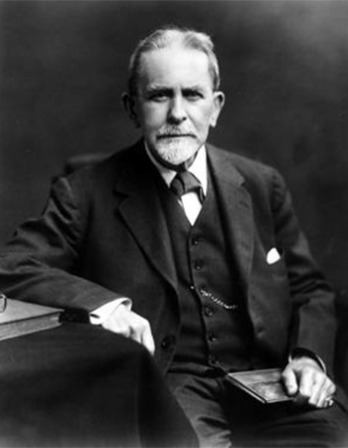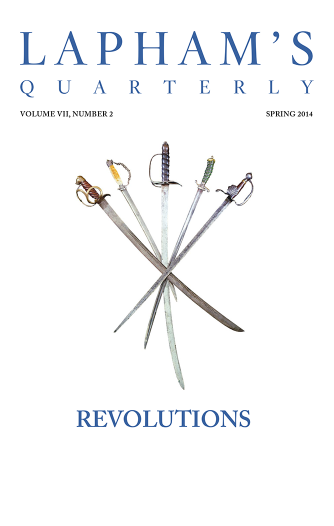An old, mad, blind, despised, and dying king—
Princes, the dregs of their dull race, who flow
Through public scorn, mud from a muddy spring,—
Rulers who neither see nor feel nor know,
But leechlike to their fainting country cling,
Till they drop, blind in blood, without a blow—
A people starved and stabbed in the untilled field—
An army which liberticide and prey
Make as a two-edged sword to all who wield—
Golden and sanguine laws which tempt and slay,
Religion Christless, godless, a book sealed—
A senate—time’s worst statute unrepealed—
Are graves from which a glorious phantom may
Burst to illumine our tempestuous day.
“England in 1819.” The poem is believed to have been enclosed by Shelley in a letter to his friend Leigh Hunt, in which he remarked, “You will never write politics. I don’t wonder; but I wish, then, that you would write a paper in The Examiner on the actual state of the country.” A few months earlier, Shelley completed Prometheus Unbound. He had gone to Italy, along with his wife, Mary Wollstonecraft, in 1818 and never returned to England.
Back to Issue





